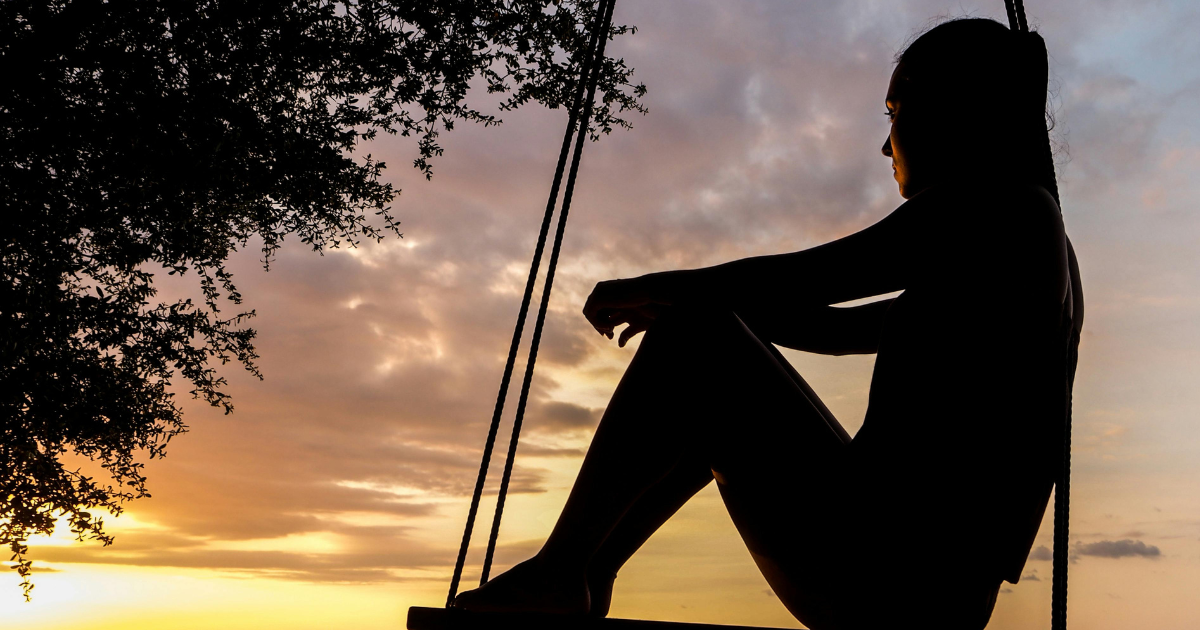Marijuana withdrawal occurs when you suddenly stop using marijuana or significantly decrease the amount of weed you smoke. Although this problem does not affect every individual who has ever used this drug, heavy marijuana users, individuals who have developed an addiction to this substance, and people with additional health risks will find it hard to abstain from marijuana and cope with the physical and mental manifestations of withdrawal.
In this guide, we will take a look at the difficulties of marijuana withdrawal, learn how to manage the symptoms of withdrawal, and figure out how to stop heavy vaping cannabis for good.
Understanding Weed Withdrawal Symptoms
When you smoke weed for a considerable amount of time, you develop a dependence on it, and you cannot just stop using this drug with no harmful effects of this decision – no matter how positive you might believe it to be. The symptoms of withdrawal will impair your emotions and behavioral patterns so make sure you devote enough time to deal with it and take care of your well-being.
In case you believe vaping marijuana is better than smoking it and you should transition to vapes instead or expect no symptoms after you quit vaping, this is wrong – the consequences are pretty much the same no matter how marijuana enters your body.
What Happens When You Quit Weed
There are many benefits to quitting marijuana – you can improve your cognitive function, learn to regulate your emotions without relying on substances that kept you afloat, achieve the mental clarity you have been missing, sleep with better consistency, enhance your energy levels, and gain a better perception of yourself. Despite all these positive aspects of quitting, the symptoms of cannabis withdrawal can make you question your choices and even cause a relapse.
Physical and Psychological Effects
Withdrawal from cannabis can be a challenge due to a variety of mental and physical problems – here are some common symptoms to expect:
- Anxiety, aggression, and restlessness will appear within the first one or two days after you quit smoking or vaping weed.
- Severe cravings, nausea, vomiting, and headaches are typical for the next stage of withdrawal, which begins two days after the last use.
- The peak of symptoms can be expected in four to six days – excessive sweating, gastrointestinal pain, and insomnia will bother the individual.
- The symptoms are supposed to subside in two or three weeks – some of them might remain for a while such as depression and irritability.
How Long Does Marijuana Withdrawal Last?
A person who stops smoking weed will be able to feel better in a couple of weeks – their body is cleansed from the traces of cannabis which makes them feel more emotionally stable and productive. Note that in extreme cases withdrawal can take longer – if anxiety and shakiness do not stop and you are worried about anxiety turning into depression, you have to talk to a mental health professional to figure out how to proceed.

Why Weed Withdrawal Feels Harder for Some
If you only smoked weed occasionally, withdrawal may not be a problem at all, while for other people, it feels like a prolonged illness. There are certain risk factors that increase the intensity of marijuana withdrawal symptoms:
- You used marijuana every day and multiple times per day.
- You used high-potency cannabis – studies have found that addiction to this kind of weed is more likely.
- You smoke, consume a lot of alcohol, or use other drugs occasionally or regularly.
- You were diagnosed with or exhibit the signs of a mental health disorder such as borderline personality disorder or post-traumatic stress disorder.
Coping Strategies That Help Marijuana Withdrawal
Quitting weed on your own or with the help of a detoxification program comes with its challenges – both physical and psychological. This is why you should focus on finding coping mechanisms that work for you and prevent you from relapsing. Prioritizing proper nutrition, exercising a couple of times per week, creating a sleep routine you can follow, staying hydrated, and figuring out what to do in your spare time to avoid temptations to smoke marijuana again can help you to curb weed cravings.
Best Way to Quit Smoking Weed
There is no universally perfect method of quitting weed – every person has a unique medical history and withdrawal timeline. Still, there are some tips you should bear in mind if you are ready to quit cannabis:
| Advice | Description |
| Decide on the Timing | When you abruptly stop vaping or smoking weed, the consequences might be unpredictable. You should be prepared for the upcoming withdrawal and preferably sign up for a detox program or talk to an experienced therapist before you leave marijuana behind |
| Explore New Activities | You should engage in enjoyable and positive activities that contribute to your mental wellness as you are trying to distract yourself from cravings during the first few days and weeks |
| Develop a Support System | Let the people you trust – your family and friends – about your decision to quit smoking weed and ask them to help you. Your loved ones can hold you accountable when you are scared of turning to cannabis again |
| Seek Professional Guidance | Discussing the causes of your marijuana dependence and the ways to put it behind you with a counselor who knows how to work with people who have used drugs for a long time may be the smartest solution |
Can CBD Ease the Weed Withdrawal Transition?
Research has shown that cannabidiol (CBD) oil has a positive impact on a person’s physical and mental health when they are trying to stay away from weed. Before you begin abstaining from marijuana, you should talk to a doctor about the possibility of getting a prescription for CBD – your anxiety will be less severe, you will avoid major sleep disturbances, and you will be able to prevent further damage to your nerve cells.
When to Consider Professional Help With Weed Withdrawal
| Advice | Description |
| Evaluate Weed’s Impact on Your Life | Whether you are struggling to maintain meaningful relationships with people around you or you noticed your productivity is low due to marijuana use, it may be time to work with a therapist to resolve these problems and prevent the relapse |
| Take Your Mental Health Issues Into Consideration | Dependence on cannabis may not be your only issue – if you have been diagnosed with a mental health disorder in the past or you suspect you may have an illness in addition to substance abuse disorder, strive for sustainable and profound recovery through therapy |
| Analyze Your Emotions | When you discover you cannot spend a day away from weed or you depend on this drug to be able to function normally, it can develop into a more severe addiction – begin a sober life with the assistance of a counselor |
Still Struggling With Weed Addiction? Pacific Coast Mental Health Is Here to Help
If you notice your brain and body rely on marijuana to get you through the day and you are prepared to take specific measures to heal yourself from this dependence, it may be time to listen to professional advice to figure out how to quit smoking weed.

Our specialists will tell you more about the effects of marijuana on your physical and mental health, guide you through all the stages of withdrawal, and offer you the treatment you will need to remain sober in the future. Get in touch with Pacific Coast Mental Health today and embark on the recovery journey you deserve.
Marijuana Withdrawal FAQs
What are common marijuana withdrawal symptoms?
The manifestations of marijuana withdrawal vary from one person to another but most people will experience anxiety, irritation, and anger and fail to sleep and eat properly for quite some time. Some individuals who have been vaping or smoking weed non-stop might have to deal with headaches, muscle tension, stomach pain, and excessive sweating.
How long does weed withdrawal last?
It is difficult to predict the precise timeline of marijuana withdrawal but most individuals no longer feel any symptoms after three weeks since they last smoked weed. Your healing will continue for the next few months and years if you can stay away from marijuana, other drugs, and alcohol.
Can CBD help with marijuana withdrawal?
CBD oil can be useful for a person dealing with the aftermath of marijuana withdrawal – it will help them sleep better, cope with anxiety, and reduce the possibility of other health complications in case their physical health is not at its best at the time.
What is the best way to quit marijuana?
The most effective way to put an end to your marijuana use is to undergo a detox program under the supervision of physicians and mental health specialists who know how to manage the symptoms of withdrawal and provide patients with the psychological assistance they require at this vulnerable time.
Does marijuana withdrawal cause anxiety?
Anxiety is one of the major consequences of cannabis withdrawal, whether the person was prone to it in the past or not. Combined with cravings, anxiety may become particularly scary, especially if an individual develops a panic disorder due to the stress they are going through.








